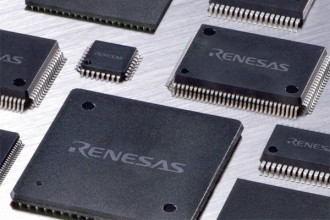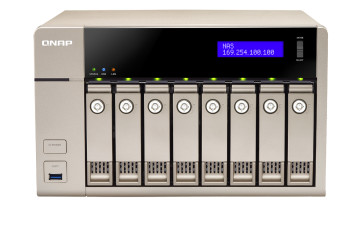 British Prime Minister David “one is an ordinary bloke” Cameron is insisting that he should be allowed to read any internet communication on the planet.
British Prime Minister David “one is an ordinary bloke” Cameron is insisting that he should be allowed to read any internet communication on the planet.
Cameron claims that there are places on the world wide wibble where terrorists can hide and he wants a “comprehensive piece of legislation” to close the “safe spaces”. To do this he wants authorities to be able to access the details of communications and their content.
Apparently all the surveillance powers Cameron already has were not enough to stop an attack similar to the one which happened in Paris taking place in Blighty.
Mr Cameron said the recent attacks in Paris showed the need for such a move and he said he was comfortable that it was appropriate in a “modern liberal democracy”. After all he and his chums will not be snooped on.
Speaking at an event in the East Midlands, Cameron said he recognised such powers were “very intrusive” but he believed that they were justified to counter the growing threat to the UK, as long as proper legal safeguards were in place.
The coalition introduced emergency legislation last year to maintain internet and phone companies’ obligation to store their customers’ personal communications data and to give access to the police.
But an attempt to extend these powers to include internet browsing history and social media sites were dropped following opposition from the Liberal Democrats.
Legislation would be needed to allow for “more modern forms of communication.”
He would also legislate in the “more contentious” area of the content of these online communications. There should be no “means of communication” which “we cannot read,” he said.
Previous governments had backed away from going down such a route, Cameron said, but he believed this would have to change so that, “in extremis,” such material could be obtained with a signed warrant from the home secretary.
It looks like voting him out will not get rid of such a law either — Labour leader Ed Miliband said it was important for security services to “keep up to date with technology” but said it had to be “done in the right way”, with “basic liberties” protected.
“That’s why we said there needs to be an independent look at these issues, to make recommendations about what needs to be changed for the future,” he added.
In other words, it is not fair you letting Cameron look at your emails I want a peek too.
Liberal Democrat Civil Liberties Minister Simon Hughes said he would not support “blanket powers” that would take away the liberties of “innocent civilians.”
What no one seems to be understanding is that if any government brings in laws the terrorists will work out a way to avoid them and it will be ordinary people who cannot get around the laws who will lose their privacy.
 While high prices have prevented municipal authorities from investing in “clever” street lights, that’s starting to change.
While high prices have prevented municipal authorities from investing in “clever” street lights, that’s starting to change. While high prices have prevented municipal authorities from investing in “clever” street lights, that’s starting to change.
While high prices have prevented municipal authorities from investing in “clever” street lights, that’s starting to change.



















